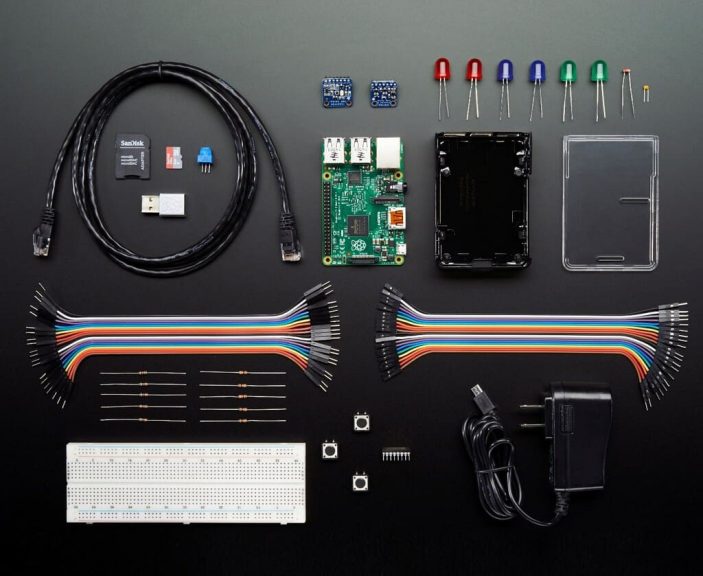Update: Microsoft contacted us with this clarification:
We’ve seen some fantastic innovation with the Galileo platform, but unfortunately it does not meet the minimum hardware requirements for Windows 10 IoT Core. The support for Windows 8.1 on Galileo Gen 1 and Gen 2 will end on November 30, 2015. Wiring support is now available on Windows 10 IoT Core and this helps you to migrate your existing Galileo projects to Windows 10 IoT Core. We continue to focus on providing a great experience for Makers with Windows 10 IoT Core and are excited to see what they create.
So, support is ending on November 30th for Windows 8.1 on Galileo, and Microsoft is providing wiring support on W10 IoT Core to help you migrate to a supported platform. Original story follows.
It seems Microsoft’s relationship with Intel in the Internet of Things (IoT) space is going a bit haywire, as PCWorld reports that Microsoft is pulling support for Windows 10 IoT on Intel’s older Galileo boards.
The reason given was because Intel’s IoT board, the Galileo Gen2, is deemed to “not meet the minimum hardware requirements” for Windows 10 IoT Core, a slimmed down version of Windows 10 for IoT devices introduced in this year’s Build event. Intel has been developing IoT boards for some time now, reducing power consumption while adding new features with each release. The move to a Quark X1000 processor in the newest Galileo Gen2, which runs at a mere 400MHz, may have been a bit too far, however, and allegedly the reason for Microsoft’s decision. Support will end on November 30, as stated on Microsoft’s IoT developer page. This may also means no support incoming for Intel’s Edison board, a “smaller brother” to Galileo.
Microsoft is now recommending Windows IoT developers to move from Galileo to the Raspberry Pi 2 for their projects, the latter’s processor running at 700MHz which should be more adequate for Windows 10 IoT Core. At $35 for an entry-level model, $10 cheaper than Galileo’s base model, the Raspberry Pi 2 should not make for an expensive transition. Another option may be the new Qualcomm Dragonboard 410c, whose support for Windows 10 was announced this year.


